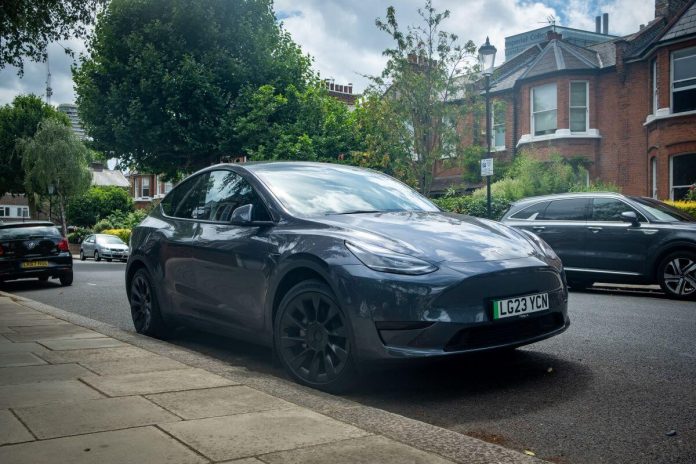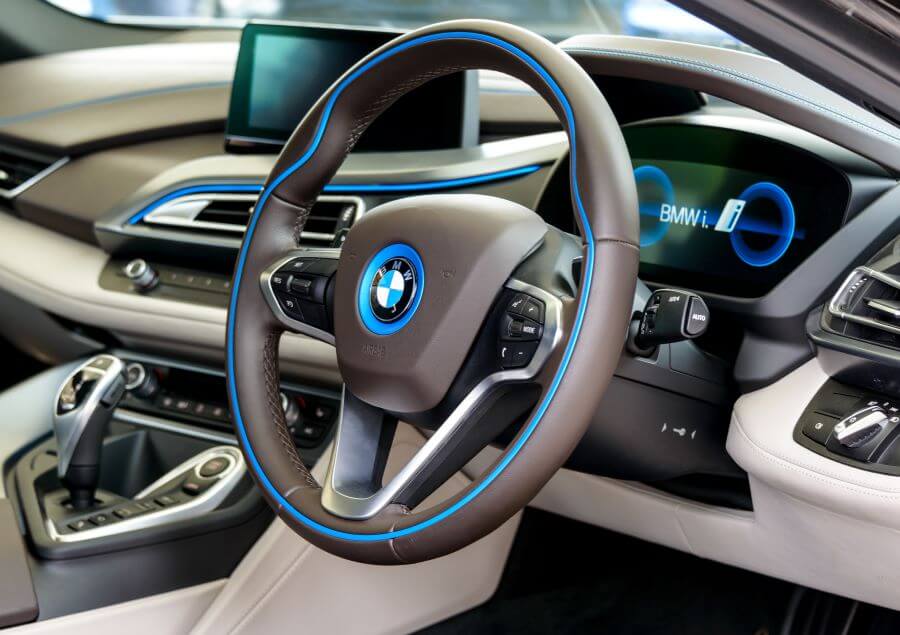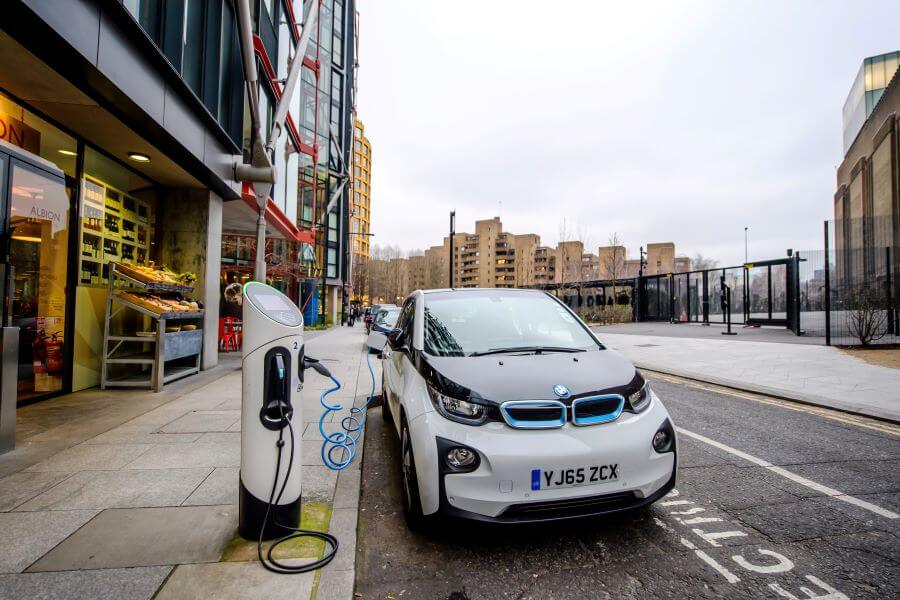
Last Updated on 8th March 2024
Choosing a new car is a big decision. There are a lot of factors to consider, from the make and model to the size, spec and fuel type.
There are a lot of options on the market, and it can feel overwhelming trying to choose between them. That’s why we’ve put together these tips on how to choose the right car for you and your lifestyle.

Set a budget
The first step is setting a realistic budget. This will help you narrow down your search by filtering out cars that are out of your price range, and if you will be purchasing a new or used car, hatchback or sedan, and likely heavily influence which manufacturer you go with.
When setting a budget, remember to factor in upfront costs as well as running costs like insurance, fuel and tax. Once you’ve done this, you can begin comparing various makes and models to see what you can get for your money.
This may include comparing the cost of new vs used models. You can often get cars from high-end manufacturers much cheaper second-hand, such as used BMW cars.
Research which brands have good reliability, and don’t sacrifice safety features for specifications and performance, especially if a new driver.
Think about where to buy from
There are several options when it comes to buying a car, so consider what’s important to you during the purchase process.
Private sellers may have cars considerably cheaper than garages or a dealership, but you won’t have as much protection.
This is because “you have fewer rights when buying from a private seller because parts of the Consumer Rights Act don’t apply” says Which.
If you buy from a dealer, on the other hand, and your car develops a fault in warranty, “you could get it repaired or replaced at no further cost to you”.
Do your research and consider the pros and cons of your options before committing to purchase.

Consider fuel type
Next, consider the fuel type that would best suit your needs. For instance, if you do low mileage then it may be more cost-effective to buy a petrol engine model than a diesel.
However, if you head on the motorway often or do long, fast journeys, a diesel may suit you as they offer better fuel economy.
If you’re eco-conscious and do relatively short journeys, an electric car may be a great fit. Not only are they better for the environment but may offer reduced running costs when compared to a petrol or diesel alternative.
The best of both worlds may be a plug-in hybrid car that offers low emissions as well as a decent mileage range.
Choose the appropriate size
One of the most important factors when picking a new car is the size. Think about your vehicle practically – what do you use it for and how many seats do you need to sit passengers in comfort? Planning any family holidays or road trips with friends?
Do you need enough passenger space for your big family? Will you be doing solo trips for business? Do you want plenty of boot space to transport equipment of golf clubs?
Asking yourself questions like this will help you figure out your needs, rather than just your wants. A brand new SUV always looks great, but if you don’t need a big family car the extra expense and lower fuel efficiency won’t be worth it.
Just remember that the vehicle will deprecate in value as soon as you purchase it. This will ultimately mean you avoid the costly mistake of choosing a car that doesn’t suit your lifestyle. And first time drivers need a reliable first motor too, especially when getting used to driving British roads and motorways.
By following these tips, you can choose the right car that will best suit you and your needs.





































